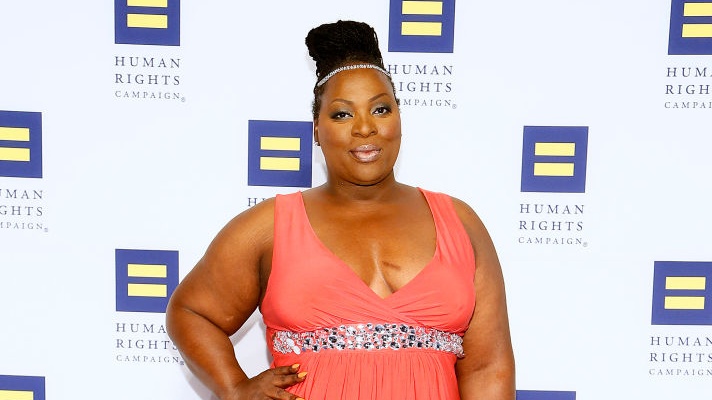Tori Cooper, the first Black transgender woman to serve on the Presidential Advisory Council on HIV/AIDS, is focused on shedding light on the disparities in health care for the Black trans community.
Cooper, who spoke with NPR after her recent appointment to the position, said she will advocate on behalf of all transgender and nonbinary people, including those who are living with HIV.
"My goal as an individual who's part of a collective is to make sure that we are bringing more equitable health outcomes and even the playing field [to] increase people's capacity to live healthily and happily," she told the publication.
The Presidential Advisory Council on HIV/AIDS, created in 1995 by President Bill Clinton, is designed to provide advice, information and recommendations on HIV and AIDS to the secretary of Health and Human Services.
Cooper has over 30 years of experience as a health and equity consultant. In addition to raising awareness for HIV in various volunteer roles, she has served as executive director and founder of Advocates for Better Care Atlanta. The organization aims to educate and empower marginalized people across the country.
As she now takes her new role, the health advocate said she is ready for the challenge.
"Being the first of anything is always daunting," she said. "But it also is a great opportunity to break down barriers and open doors for other people as well."
According to the Centers for Disease Control and Prevention (CDC), more than 40% of Americans diagnosed with HIV in 2018 were Black. Another study concludes that transgender people made up 2% of new HIV diagnoses in the U.S. and dependent areas in 2018. The CDC's 2019 report also found 62% of Black transgender women in the US were infected with HIV, compared to 35% of Hispanic trans women and 17% of white trans women.
Rev. Rob Newells-Newton, director of national programs at the Black AIDS Institute, said the stigmas associated with the virus are the most common barriers to Black people getting appropriate care.
"When people feel stigmatized, they're not motivated to go get tested for anything, if there's stigma around HIV," Newells-Newton told NPR. "That's why culturally appropriate health care is really important in helping to reduce stigma and get people engaged in care."
Cooper said her work has never been more critical.
"I look forward to working with my colleagues on [the presidential council] to help bring an end to the HIV epidemic," she said.
